Register for free and continue reading
Join our growing army of changemakers and get unlimited access to our premium content
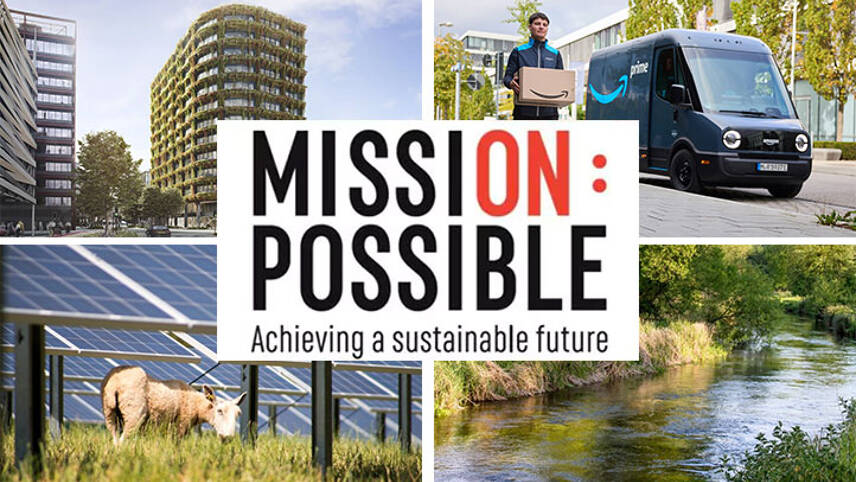
Published every week, this series charts how businesses and sustainability professionals are working to achieve their ‘Mission Possible’ across the campaign’s five key pillars – energy, resources, infrastructure, mobility and business leadership.
Across the UK and beyond, leading businesses, cities, states and regions are turning environmental ambitions into action. Here, we round up five positive sustainability stories from this week.
ENERGY: Solar farms can provide a biodiversity boost, study finds
Last year, Rishi Sunak and Liz Truss both included commitments to limit ground-mounted solar panel development in the UK in their campaigns for Conservative Party leadership. They argued that expansion could harm food production and further deplete nature.
Now, a study of ten solar sites across the UK has revealed that their installation has actually increased biodiversity. The study covered sites managed by Lightsource BP and was undertaken by WSP.
WSP found that one site showed a positive habitat change of 280%, using metrics produced by the UK Government to measure biodiversity net-gain. Another achieved 115% positive habitat change. Only one saw an overall negative change across this metrics and others.
There is a legal requirement for all solar farms in England granted planning permission after November 2023 to deliver at least 10% biodiversity net-gain. An extended deadline of April 2024 has been set for smaller projects.
RESOURCES: UK’s first national sex toy recycling scheme launches
After the spring clean-out season, people in the UK are keen to recycle their old belongings. Online searches for recycling schemes have more than doubled year-on-year.
Those of us working in sustainability probably already know where to recycle things like plastic packaging, furniture and clothes. But what about our more intimate items?
The Natural Love Company has launched the UK’s first sex toy recycling scheme in recent weeks, following a successful trial in which hundreds of items were returned. Under the ‘second coming’ scheme, customers can send used or broken toys back to The Natural Love Company, which is working with e-waste recycling specialists to process them.
The recyclers break down the toys into parts such as plastics, metals and circuit boards.
Company co-founder and director Ben Foster said it should be a “no-brainer” for such a scheme to exist. He added: “Waste remains a huge issue for sex toy retailers and as a business, we feel an obligation to play our part in reducing the volume of products which end up in landfill sites.”
MOBILITY: Amazon adds 300 EVs to delivery fleet in Germany
E-commerce giant Amazon announced a €1bn pot for fleet electrification across Europe late last year. Around €400m was set aside for Germany.
Now, it has confirmed the arrival of hundreds of new custom electric delivery vans for its German market. More than 300 Rivian vans will be added to its fleets in Munich, Berlin and Dusseldorf in the coming weeks.
Amazon began rolling out its custom electric delivery vans from Rivian in the US last year and now operates around 3,000 in the states. It is aiming to operate 100,000 Rivian EVs across the world by 2030.
Amazon’s country manager for Germany, Rocco Brauniger, said: “We are committed to reaching net-zero carbon by 2040, and reducing our delivery-related emissions is a critical part of this goal. Last year, we delivered more than 45 million packages in Germany with electric vans and e-cargo bikes, and these new additions from Rivian will help us deliver packages more sustainably and to more customers.”
THE BUILT ENVIRONMENT: Salford-based office scheme delivers 174% biodiversity net gain
Eden, a 12-storey office development in Salford, has this week become the first new build in the UK to achieve 5.5 out of a possible six points in the NABERS rating. To date there are only 20 buildings that have been certified through NABERS. Certification requires a score of at least four.
Eden scored highly on energy efficiency and operational carbon. It will not be connected to gas for heating or hot water provision, and has been designed in line with Passivhaus principles.
In terms of embodied carbon, Eden’s developers have used recycled steel and cement replacement mixes to drive down figures. Its carbon intensity for materials and construction is around half that of the average for a development of this type.
Additionally, Eden will deliver 174% biodiversity net-gain, far exceeding the 10% requirement. It fill feature Europe’s largest living wall with 3,300 square metres of plants.
The scheme should open later this year. It is being jointly developed by Muse, Legal & General and Homes England.
BUSINESS LEADERSHIP: Catering giant partners with WRAP for water stewardship drive
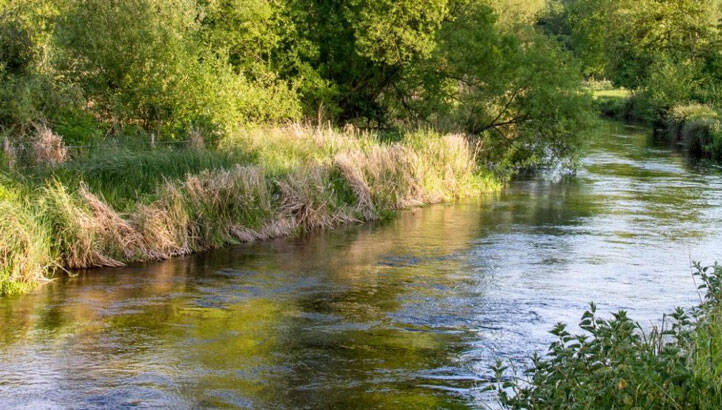
Image: Norfolk Rivers Trust
The discussion around water stewardship in the UK has perhaps never been higher up the political and public agenda. News broke this week of record levels of fish deaths due to hot, dry temperatures in June, which also led to hosepipe bans in some parts of the country. At the same time, the sewage dumping scandal has continued to rumble on.
It is timely, then, that Compass Group UK & Ireland has signed on as the first major food service operator to back one of WRAP’s water stewardship projects. The firm, which caters for venues including Wimbledon and the O2 Arena, is co-funding a scheme to conserve and restore water in East Anglia.
The scheme is led by Norfolk Rivers Trust, which is working with farmers to deliver the practical advice and support they need to reduce water waste, curb nutrient runoff and protect soils. Farming is currently the biggest source of pollution in UK rivers.
WRAP’s director of collaboration and change Catherine David said: “By investing in collective action on water stewardship in one of the UK’s key at-risk sourcing areas, Compass is not only setting a great example to the wider hospitality and food service sector, it is also protecting its food and drink supply chain, and the rivers, landscapes, communities and ecosystems they impact on.”
The news follows on from Compass Group UK&I’s update to its climate targets earlier this year. The business is targeting net-zero by 2030.
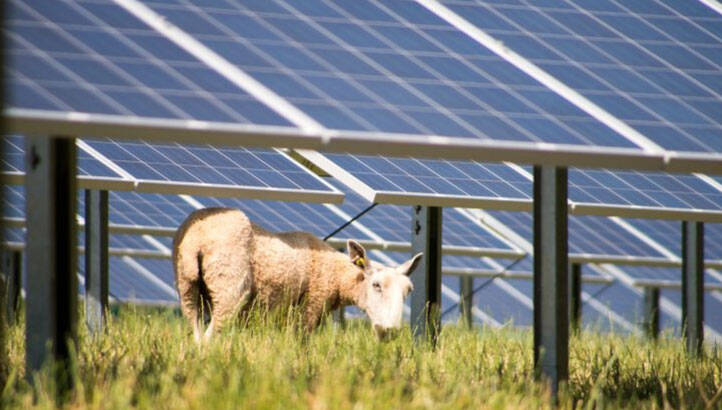

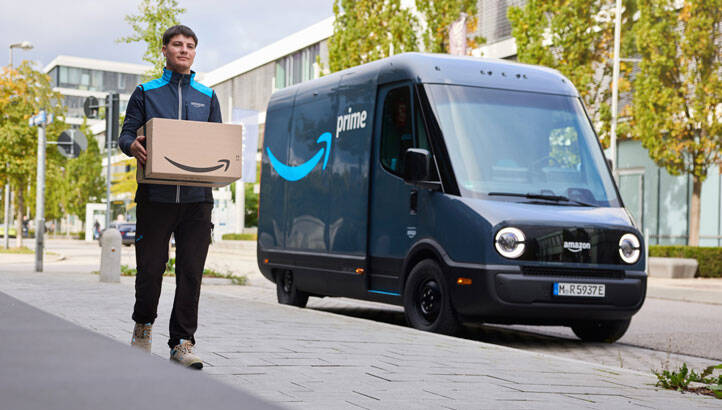
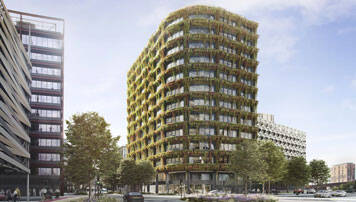


Please login or Register to leave a comment.